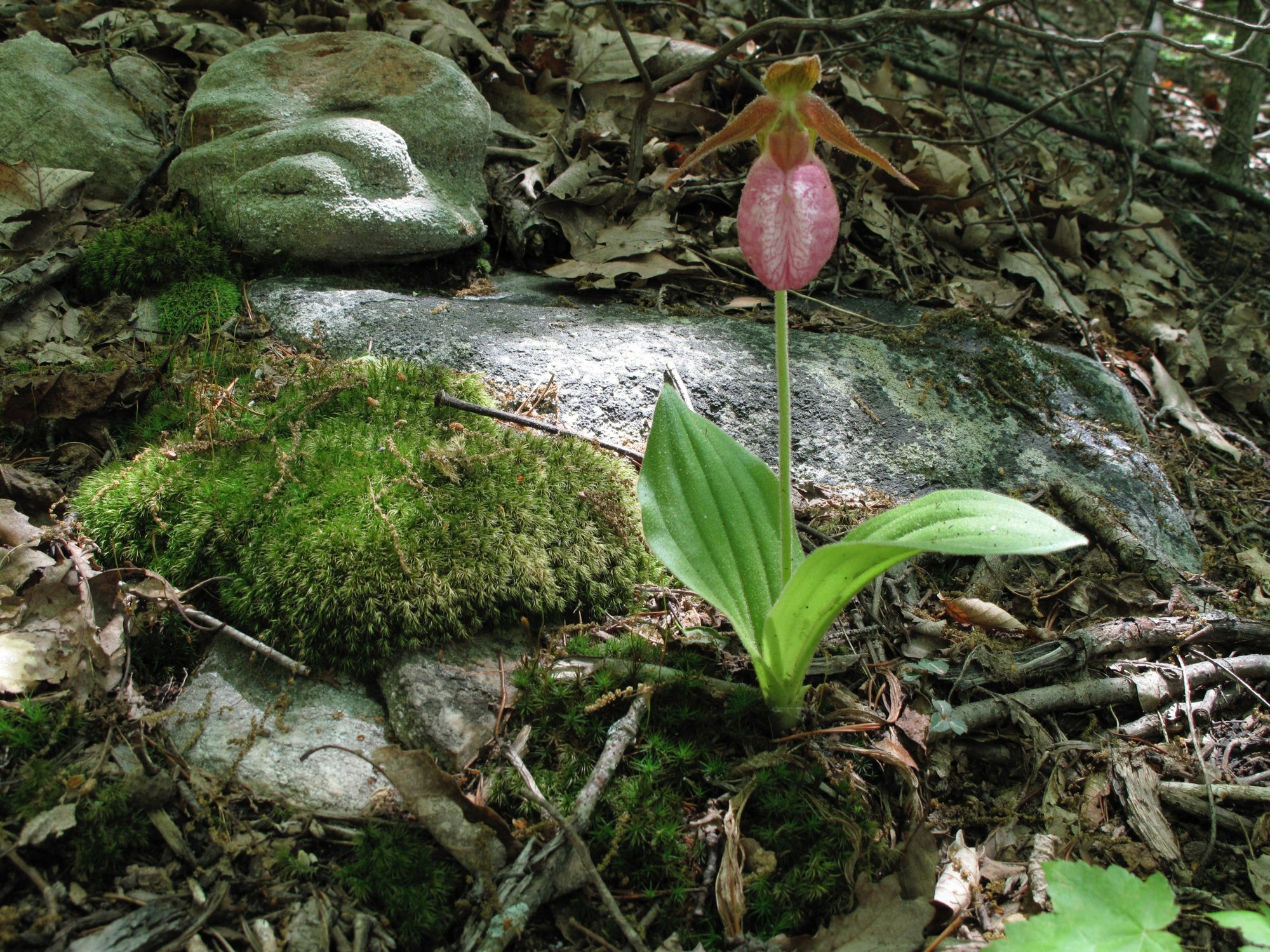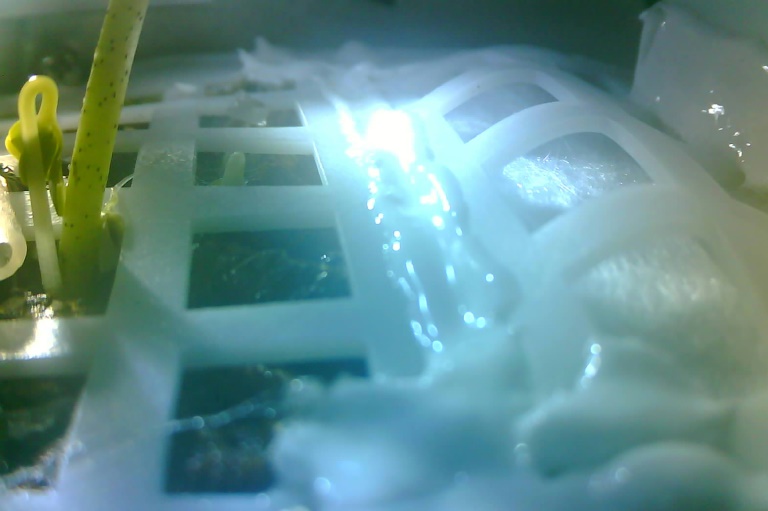Many of us are painfully aware of the toxins in Cairo’s air. With exhaust pipes spewing black smoke in our faces, factory towers coughing up billows of refuse and the general waft of unhealthy smells we experience throughout the day. Psychologically, our homes are our refuge from the crazy city but are they also an escape from the city’s polluted air? Generally they are not… but they can be.
Actually, our homes have their own series of potential toxins–those with smells and those without–that lurk about undetected. If you have recently renovated or changed homes, the possible pollutant levels in your house will be particularly high. Paints, glues from new carpets, varnishes and even clothing contain chemicals like benzene, trichloroethylene and formaldehyde. Breathing these chemicals on a daily basis can lead to allergies and sinus infections and in the long term, these toxins can do even more damage to your body.
But will any plant be able to clean up the air in your home? Not necessarily. Research done by NASA in the 1980s and 1990s provided great insight into the plants that could clean up household toxins and purify the air in which we live.
The Peace Lily, Spathiphyllum Mauna Loa, has been shown to attack all three toxins and is available in Egypt. Your common Spider Plant will also significantly decrease formaldehyde levels and as an added bonus, lower levels of carbon monoxide (car exhaust fumes) from the environment inside your home. Chrysanthemums will add color and have a considerable purifying effect on house-related toxins while other plants like the oddly named "Mother-in-law Tongue" (aka Snake Plant or Jade Plant) and the often hanging Golden Pathos with its little heart-shaped leaves will also clean up the air.
Caring for your indoor houseplant should not be too much trouble. All of the plants above need ample indirect sunlight, considerable amounts of water (by watering and misting for leaf absorption) and warmth. Check with your plant shop for further details on how to care for each plant.
Having a lot of plants at home can also absorb noise. Although this may call for a larger commitment to indoor plants, it is reported that one plant per 10 square meters will significantly reduce the amount of street noise that enters your home. The Peace Lily is one of the most effective absorbers of noise.




